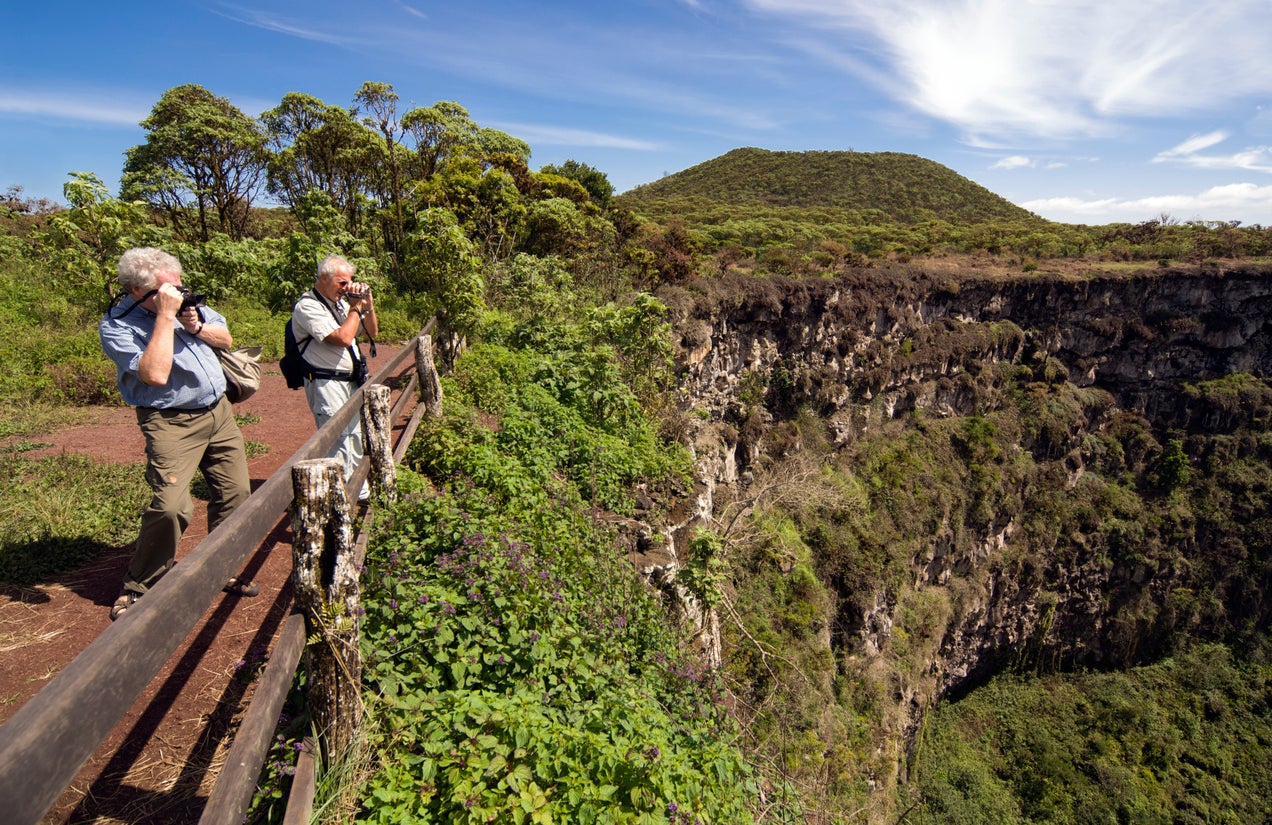Red list timing is a final gesture of contempt for travellers and the industry
The Man Who Pays His Way: November is the most rubbish month in the travel calendar

Your support helps us to tell the story
From reproductive rights to climate change to Big Tech, The Independent is on the ground when the story is developing. Whether it's investigating the financials of Elon Musk's pro-Trump PAC or producing our latest documentary, 'The A Word', which shines a light on the American women fighting for reproductive rights, we know how important it is to parse out the facts from the messaging.
At such a critical moment in US history, we need reporters on the ground. Your donation allows us to keep sending journalists to speak to both sides of the story.
The Independent is trusted by Americans across the entire political spectrum. And unlike many other quality news outlets, we choose not to lock Americans out of our reporting and analysis with paywalls. We believe quality journalism should be available to everyone, paid for by those who can afford it.
Your support makes all the difference.Simon Calder, also known as The Man Who Pays His Way, has been writing about travel for The Independent since 1994. In his weekly opinion column, he explores a key travel issue – and what it means for you.
November is a great month to explore the world – mainly because no one else is travelling. Which, from the UK travel industry’s point of view, makes it the most rubbish month in the calendar.
For many travel businesses, winter is always a bit of a disaster waiting to happen. But at least from December to March the ski season brings in some cash; Christmas and New Year see a surge in demand and prices; and February is conveniently punctuated by Valentine’s Day and half term.
November, though, is as devoid of romance as it is of school holidays – and, accordingly, the month that the travel industry dreads.
So the government’s timing of the ending of the red list of “high risk” nations for 1 November, just at the point where everyone has packed away the suitcases and sunglasses, triggered another dose of derision.
Julia Lo Bue-Said, chief executive of the Advantage Travel Partnership, politely sums up the month as: “A time of year where very little leisure travel takes place.”
You might be thinking, well, the timing of the ending of the red list has been dictated by the coronavirus pandemic, not by ministers. Please think again.
According to the government, Colombia, Ecuador, Panama, Peru, Venezuela, Dominican Republic and Haiti “pose the highest risk” to the UK, and will continue to do until exactly 4am on Monday. Anyone who arrives in the UK before then must immediately go into hotel quarantine for 11 nights, at a cost of almost £2,300.
The first five of those nations were founder members of the club that no one wants to join. Arrivals from the perilous quintet have been required to go into hotel quarantine, usually on “Isolation Row” north of Heathrow airport, since 15 February.
Evidently for the past 36 weeks, while Covid cases have soared across the UK, the five have posed a mortal threat. But how appropriate is the “better red than dead” principle?
Fears of variants – particularly the “Brazilian” and the “South African” if you remember them – triggered the creation of the original red list. Now it seems the Delta variant has literally gone viral around the world, with lesser variants banished.
So how much more dangerous are these Latin American nations than the UK? Well, rather the converse applies. New coronavirus infections on 28 October were between one-17th (Panama) and one-21st (Peru) of British levels. The outlier is Ecuador, which has just one-44th the new cases of the UK.
Agreed, testing rates in Latin America are typically much lower than in the UK, but differences on this scale cannot easily be explained away.
The fearsome five have not suddenly become benign in time for November: during October, the closest any of them has got to the UK’s figures was on 3 and 8 October, when Venezuela’s new infections were one-eighth of ours.
Perhaps new arrivals will want to continue to go into hotel quarantine to protect them from the British public.
Unless you need to call your Latin American pals to urge them to stay away for their own safety, allow me to compare the fearsome five with a brace of benign locations, at least according to British ministers: Barbados and Latvia.
Both locations report double the UK’s already sky-high infection rates.
To insist that these places are low risk while Latin America remains high risk is clearly preposterous, but that is the pretence the government will doggedly maintain through the weekend.
Air travel, make no mistake, enabled coronavirus to spread terrifyingly quickly around the world, and fuelled the waves of infection that accompanied each new variant. But the UK’s whole, miserable “traffic lights” saga has been characterised by inexplicable choices and an obstinate refusal to react to changing data.
Bringing down the curtain on the red list pantomime at the most unhelpful time of the year is a final gesture of contempt for travellers – and everyone who works in travel.
Join our commenting forum
Join thought-provoking conversations, follow other Independent readers and see their replies
Comments